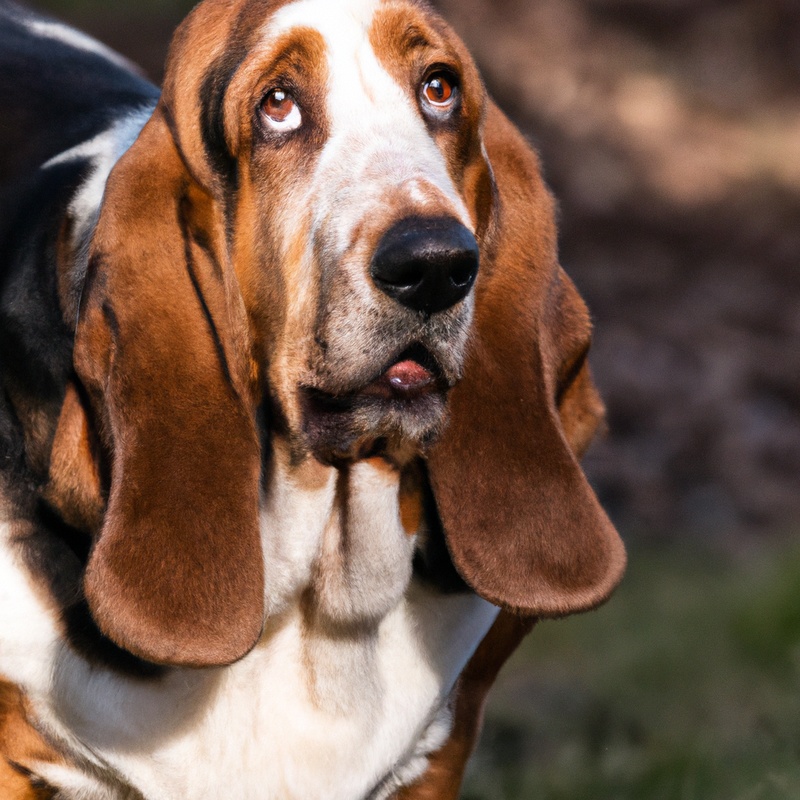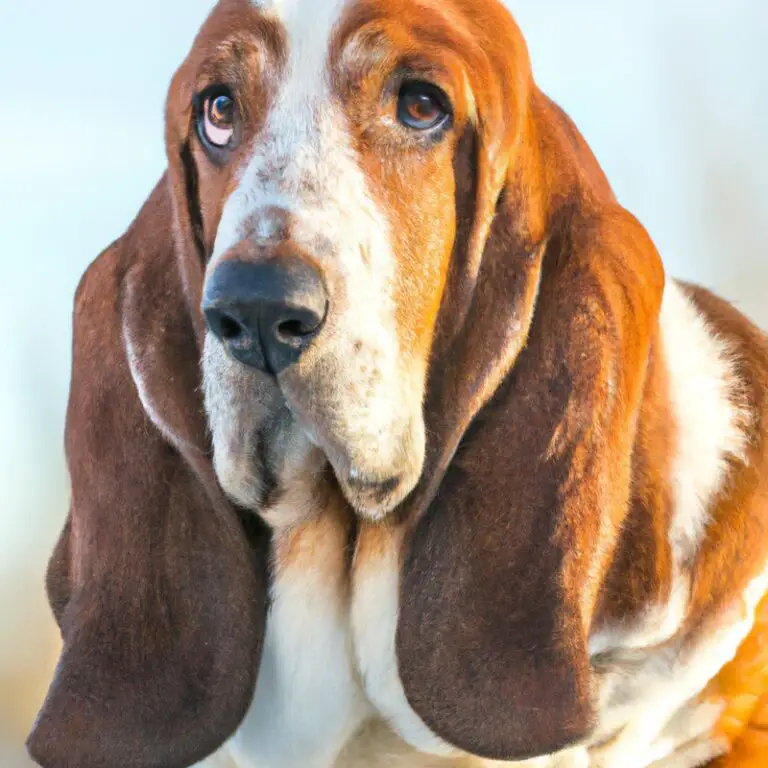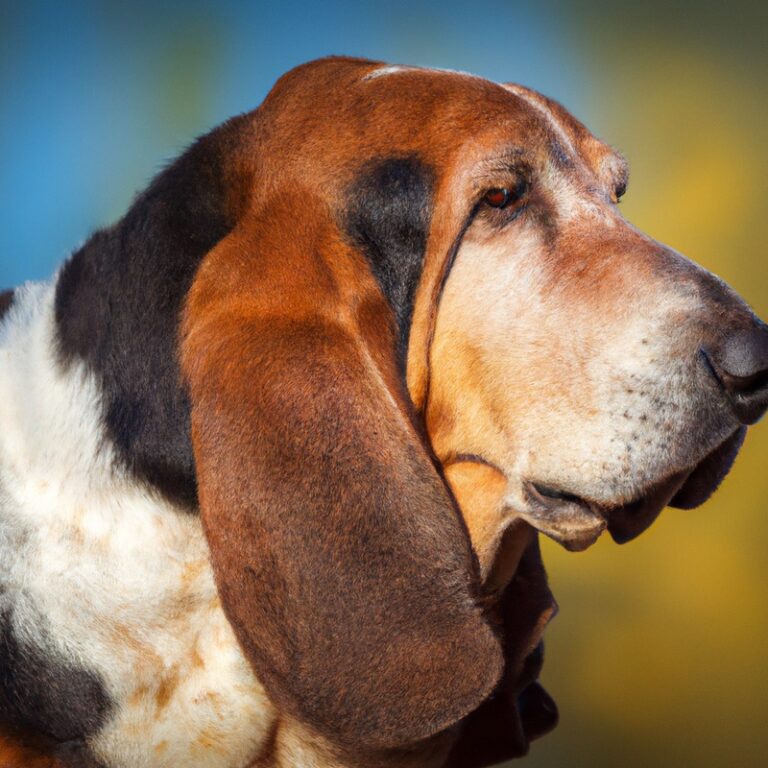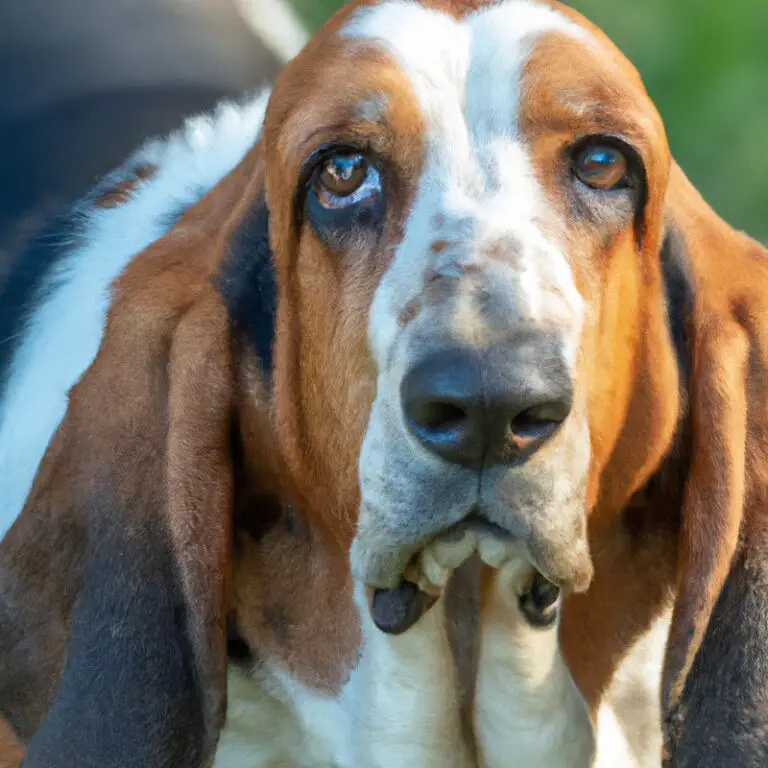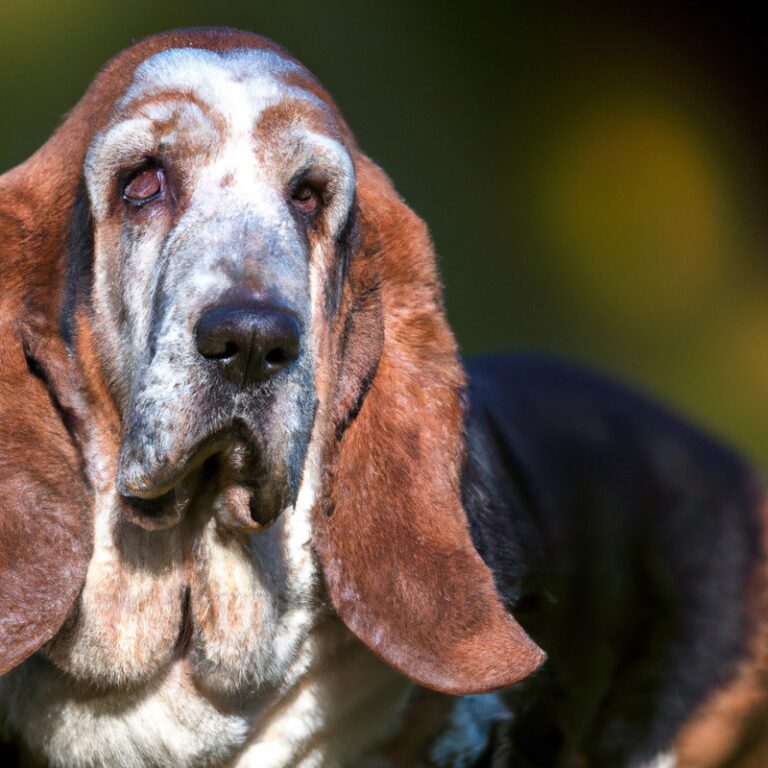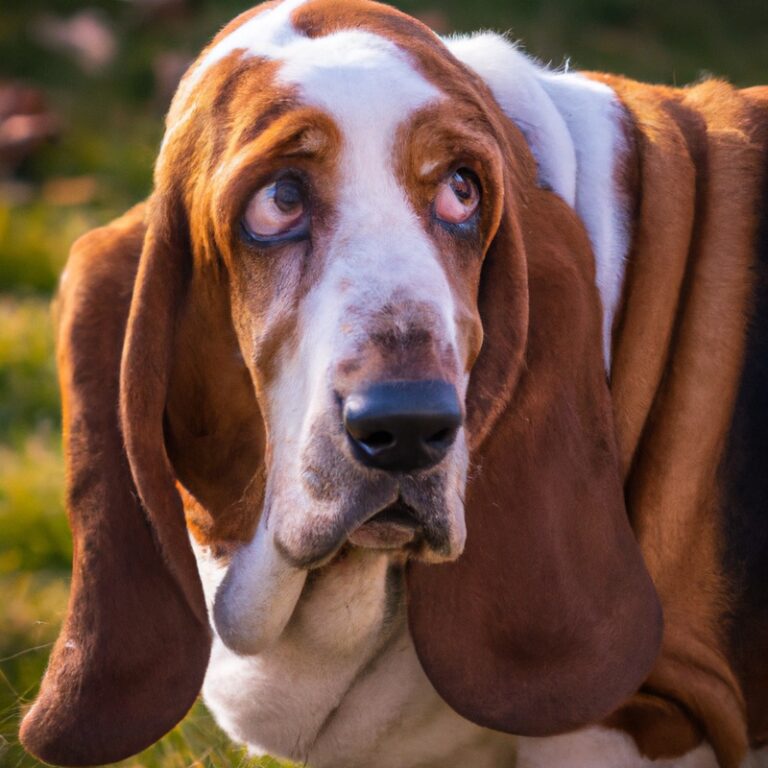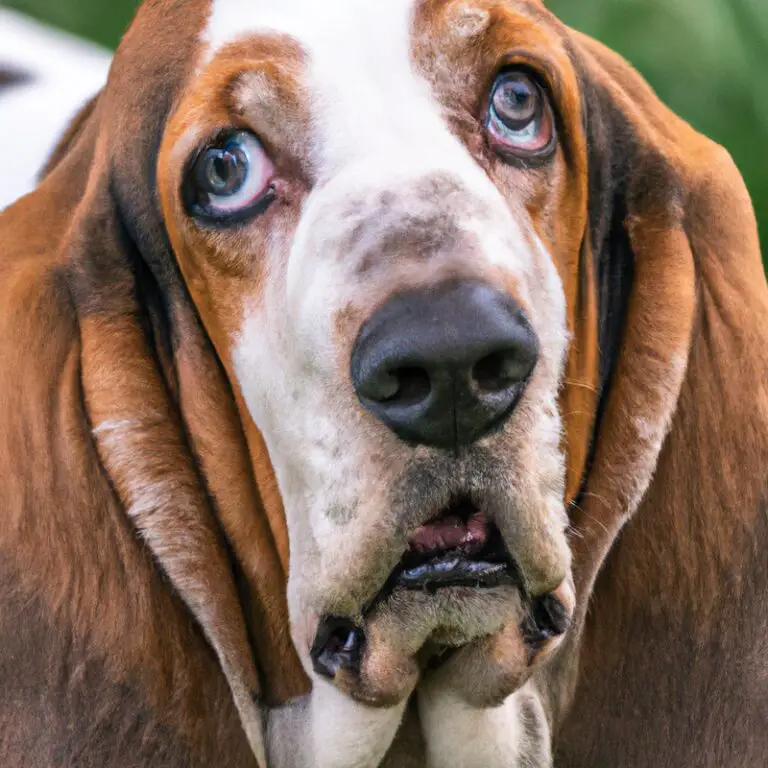Are Basset Hounds Known For Being Good With Other Dogs?
Key Takeaways:
- Basset Hounds generally have a friendly and sociable temperament towards other dogs.
- Proper socialization and training are important for Basset Hounds to ensure positive interactions with other dogs.
- Basset Hounds may exhibit some stubbornness while interacting with other dogs, but this can be managed with consistency and patience.
- Individual temperament and early socialization experiences can influence a Basset Hound’s behavior towards other dogs.
Are Basset Hounds known for being good with other dogs?
If you’re a dog lover like me, then I’m sure you’ve wondered about this too.
Basset Hounds are an adorable and unique breed, known for their droopy ears and soulful expressions.
But when it comes to their interactions with other dogs, do they have a reputation for being friendly and sociable?
In this article, I’ll dive into the characteristics and temperament of Basset Hounds to uncover the truth about their compatibility with other dogs.
Whether you’re a proud Basset Hound owner or simply curious about these lovable pets, let’s explore together how they fare in the canine community.
| Yes | No | Not Sure | |
| Breed Temperament | |||
| Socialization | |||
| Training | |||
| Health Concerns | |||
| Size Compatibility |
Characteristics of Basset Hounds
Temperament of Basset Hounds
Basset Hounds are known for their friendly and easygoing temperament.
They are generally very sociable and get along well with other dogs.
They have a gentle and patient nature, which makes them great companions for both people and pets.
Basset Hounds tend to be rather laid-back and are not typically aggressive towards other dogs.
However, it is always important to remember that each dog is an individual, so proper socialization and supervision are still necessary to ensure positive interactions with other dogs.
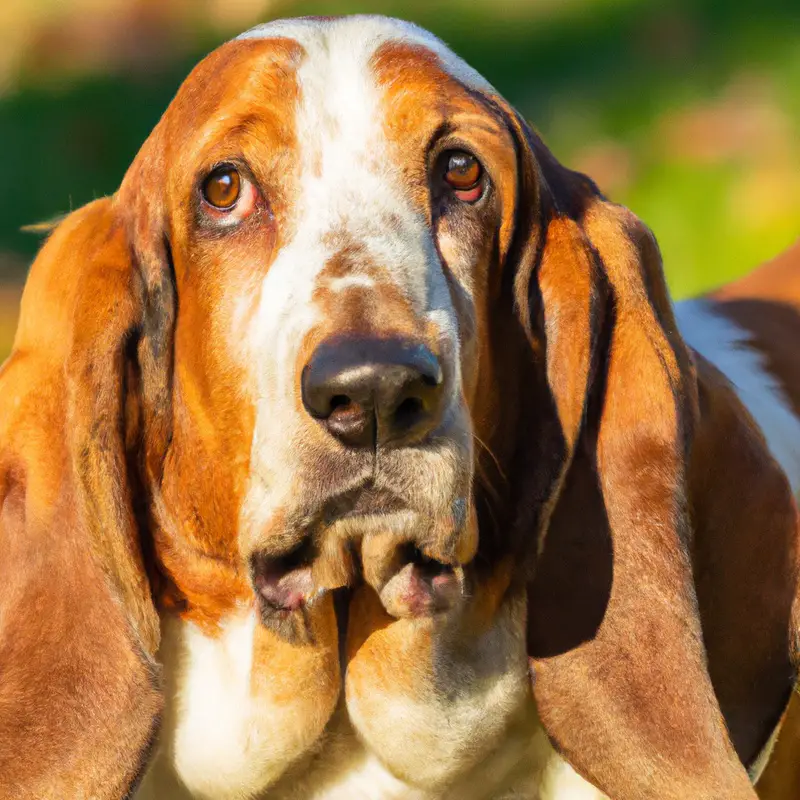
Socialization needs of Basset Hounds
Basset Hounds have important socialization needs.
It’s crucial to expose them to a variety of people, animals, and environments from a young age.
This helps them develop good manners and become more comfortable in different situations.
Regular positive experiences with other dogs can also help them learn how to interact appropriately.
Socialization can be achieved through puppy classes, visits to dog parks, and playdates with well-behaved dogs.
Providing these opportunities for socialization is key to raising a well-rounded Basset Hound.
Basset Hounds and pack behavior
Basset Hounds have a strong pack instinct and tend to thrive when they are part of a group.
They enjoy being around other dogs and often get along well with them.
However, it’s important to remember that every dog is unique and may have different preferences when it comes to their canine companions.
Proper socialization and positive experiences with other dogs can go a long way in ensuring that your Basset Hound develops good pack behavior.
It’s also important to supervise interactions and address any issues that may arise.
Basset Hounds’ Interaction with Other Dogs
Basset Hounds and same breed interactions
Basset Hounds generally get along well with other dogs of the same breed.
They are known for having a friendly and sociable nature, which makes them compatible with their fellow Basset Hound buddies.
When interacting with other Basset Hounds, they tend to be playful, affectionate, and enjoy spending time together.
Basset Hounds have a natural ability to form strong bonds with their own kind, creating a harmonious and enjoyable social environment.
However, it’s important to remember that individual personalities can still affect the dynamics of their interactions.
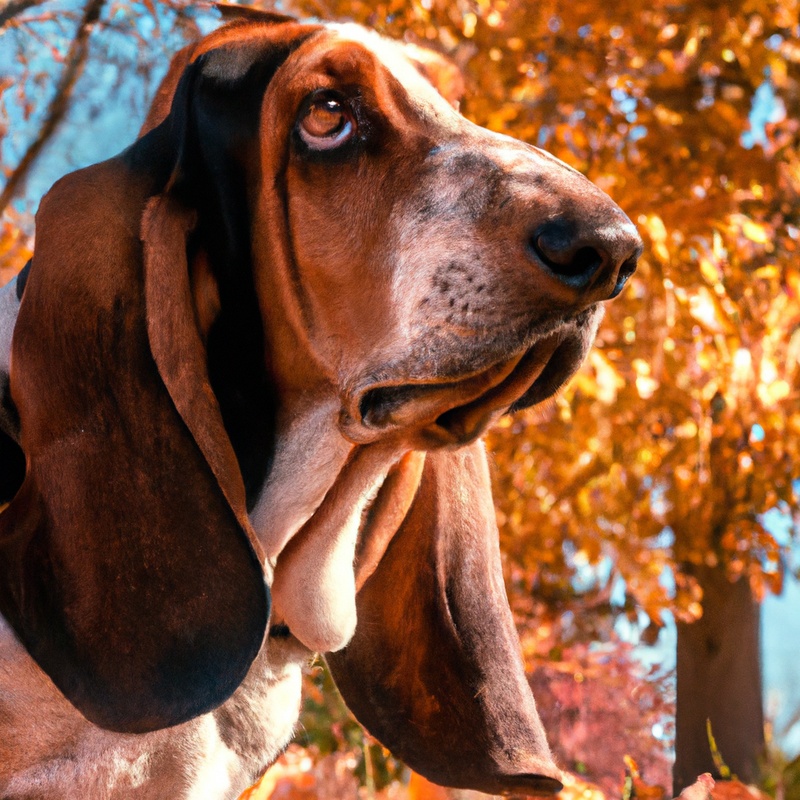
Basset Hounds and different breed interactions
Basset Hounds can have positive interactions with different breeds of dogs.
However, their laid-back nature and slower pace may not always align with more energetic breeds.
Proper socialization and supervision are key to ensure harmonious interactions.
Some Basset Hounds may have a preference for other dogs with similar temperaments.
Introducing them to different breeds gradually and in controlled environments can help them adjust and build positive relationships with other dogs.
Understanding each dog’s individual personality and providing proper training and socialization will greatly contribute to successful interactions.
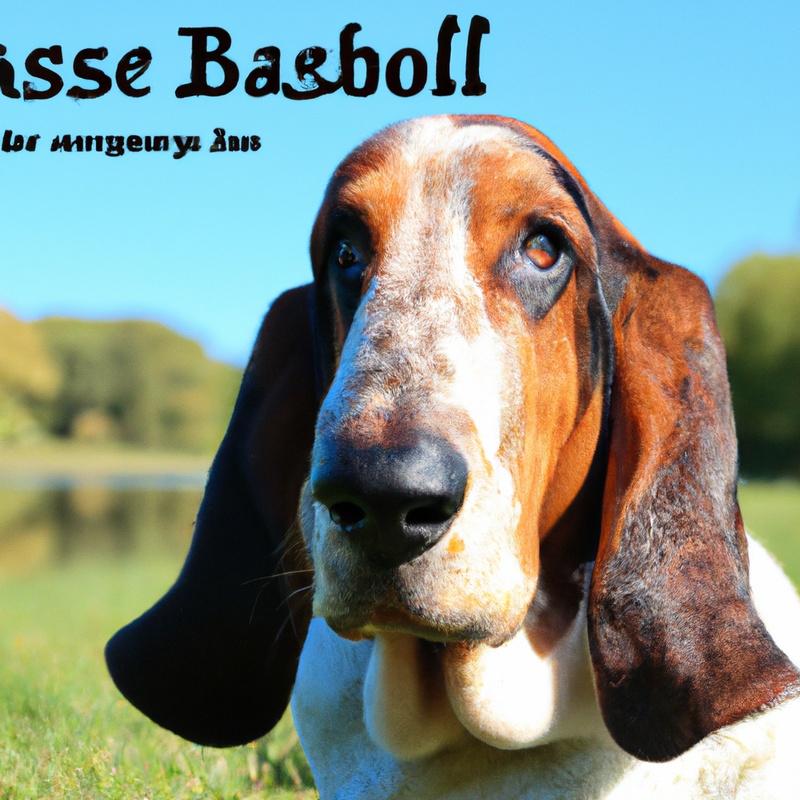
Factors that affect Basset Hounds’ compatibility with other dogs
Basset Hounds’ compatibility with other dogs can be influenced by a few key factors. Firstly, their individual temperament plays a role – some Basset Hounds may be more social and friendly, while others may be more aloof or reserved.
Secondly, early socialization experiences and exposure to other dogs can shape their behavior and comfort level.
Thirdly, the behavior and personality of the other dog involved can also impact compatibility. It’s important to assess these factors when considering introducing Basset Hounds to other dogs.
Tips for Introducing Basset Hounds to Other Dogs
Gradual introduction techniques
Gradual introduction is key when introducing Basset Hounds to other dogs.
Start by allowing them to sniff each other’s scent and become comfortable with the presence of the other dog.
Then, let them see each other from a distance while keeping them on a leash.
With time, gradually decrease the distance between them and observe their reactions.
Always stay calm and avoid rushing the process.
And remember, each dog is unique, so the introduction timeframe may vary.
Patience and positive reinforcement are essential for successful introductions.
Supervision and monitoring during introductions
During introductions between your Basset Hound and other dogs, it is important to supervise and monitor their interactions closely.
This allows you to ensure the safety and well-being of both dogs.
By paying attention to their body language and behavior, you can intervene if any signs of aggression or discomfort arise.
It’s also a good idea to keep the initial meetings short and gradually increase the duration as they become more comfortable with each other.
Always remember to reward positive interactions and provide a calm and controlled environment for their introduction.
Training Basset Hounds to Get Along with Other Dogs
Positive reinforcement methods
Positive reinforcement is an effective method for training Basset Hounds to get along with other dogs.
One approach is to reward them with treats or praise when they display friendly behavior towards other dogs.
Another method is to use clicker training, where a click sound is associated with positive behavior and rewards are given accordingly.
This helps reinforce positive associations with other dogs.
Socialization exercises and obedience training can also be incorporated to further facilitate positive interactions.
With consistency and patience, positive reinforcement can help Basset Hounds develop good relationships with other dogs.
Socialization and obedience training
Socialization and obedience training are crucial for Basset Hounds to get along with other dogs. It’s important to expose them to various environments, people, and dogs from a young age.
This helps them develop good social skills and prevent aggression towards other animals.
Obedience training teaches them how to follow commands and behave properly around other dogs. Positive reinforcement methods, such as treats and praise, work best when training Basset Hounds.
With consistency and patience, they can learn to be well-behaved and friendly with other dogs.
Potential Challenges for Basset Hounds with Other Dogs
Prevalence of territorial behavior
Basset Hounds have a moderate prevalence of territorial behavior.
While they are generally friendly, they can be protective of their space and may exhibit territorial tendencies towards unfamiliar dogs.
This behavior can manifest through barking, growling, and even aggression.
It is important to socialize Basset Hounds from a young age to help minimize any territorial issues.
By providing proper training, positive reinforcement, and gradual introductions with other dogs, you can help your Basset Hound develop better social skills and reduce territorial behavior.
Supervision and monitoring during interactions is also crucial to ensure a peaceful coexistence.
Issues with dominant or aggressive dogs
Some Basset Hounds may struggle with dominant or aggressive dogs.
This is because Basset Hounds generally have a calm and friendly temperament, and they may find it difficult to handle more assertive or aggressive dogs.
It’s important to be cautious when introducing your Basset Hound to other dogs and to closely monitor their interactions.
Socialization and training can help your Basset Hound develop good manners and cope with challenging situations.
It’s always best to prioritize your Basset Hound’s safety and well-being when dealing with dominant or aggressive dogs.
Final Verdict
Basset Hounds have a generally amicable nature and can get along well with other dogs when properly socialized and introduced. Their laid-back temperament and pack-oriented behavior make them more inclined to form positive relationships with other dogs.
However, there are factors such as breed compatibility, individual personalities, and proper training that need to be considered for successful interactions.
By following gradual introduction techniques, providing supervision, and implementing positive reinforcement training, Basset Hounds can develop harmonious relationships with other dogs. Whether it’s with the same breed or different breeds, Basset Hounds have the potential to be great companions for other dogs.

